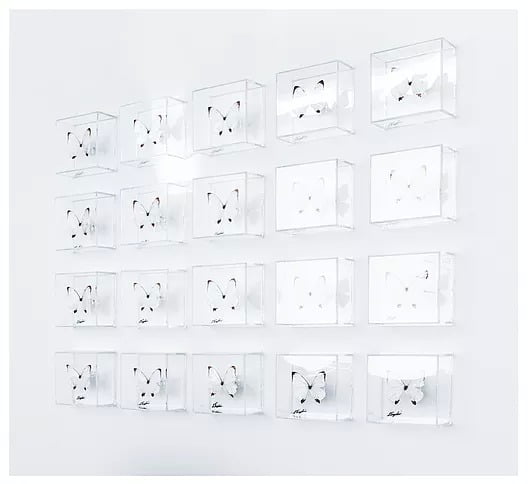Divorce Wisdom: If You Could See What I See
October 28, 2011Divorce Wisdom: Secretly Tape Recording Your Spouse…Is It Even Legal?
February 21, 2012Addictions, to such things as alcohol and drugs, are a contributing factor in a high number of divorce cases. (I reference alcohol in this Blog, however, all of the points also apply to a person with a drug addiction.)
ALCOHOL:
Proving someone is an alcoholic, when they say they are not, might be difficult. If you know your spouse has a drinking problem, but he or she is going to deny it, what can you do to prove it in order to protect your children?
COURT ORDERS:
Usually the burden is on the accusing parent to prove that the other parent has a drinking problem. However, when it comes to the safety of minor children, many judges are willing to err on the side of caution and enter an Order that requires the offending parent to refrain from drinking alcohol during his/her parenting time. If you can prove that the offending parent has violated the Order, you can petition the court for further parenting time restrictions.
SOME MORE IN DEPTH SOLUTIONS INCLUDE THE FOLLOWING:
ALCOHOL ASSESMENT OR TESTING:
An alcohol assessment is done by a mental health professional that has special training in the assessment of alcohol abuse. Unfortunately, a high functioning alcoholic may be able to manipulate the results of the test to his/her advantage. There is, however, now a test that can track the alcohol in your system, which may be helpful if a party has lied about their recent alcohol consumption.
RANDOM ALCOHOL TESTS:
There are many testing facilities that offer random alcohol tests.
BREATHALYZER TESTS:
It is not unheard of to require the offending parent to take a breathalyzer test at the beginning and end of their parenting time.
If your spouse fails any of the above mentioned tests and you can prove it, the Court will place greater restrictions on the offending parent.
ADDITIONAL ASSISTANCE CAN TAKE THE FOLLOWING FORMS:
GUARDIAN AD LITEM:
A Guardian Ad Litem (GAL) is an attorney that is appointed to represent the best interests of the children. A GAL is able to interview the parents and other relevant parties. The GAL can also review such things as the parties’ medical records to make a determination regarding what is best for the children. The GAL reports his/her findings to the Court. If the GAL finds that the other parent has a drinking problem, he/she can recommend that the Court place restrictions on the offending parents time with the children. Restrictions might include supervised parenting time or a prohibition against transporting the children in a car. The GAL can also monitor random alcohol tests to test the sobriety of the offending parent.
SUBSTANCE ABUSE COUNSELING:
The Court can require an alcoholic parent to attend substance abuse counseling. Regular attendance in therapy can be monitored by the Court and shared with the other parent.
